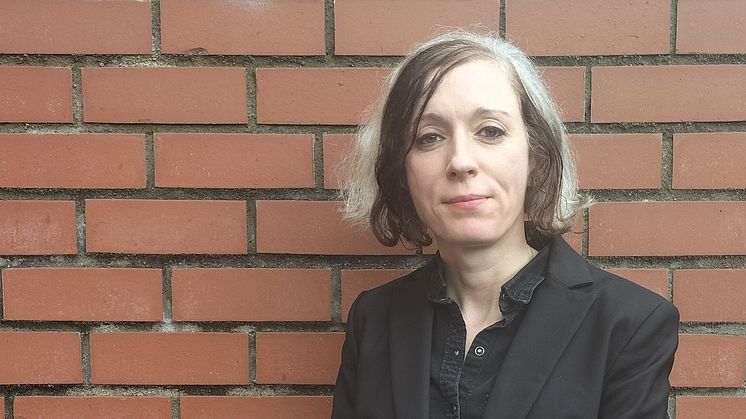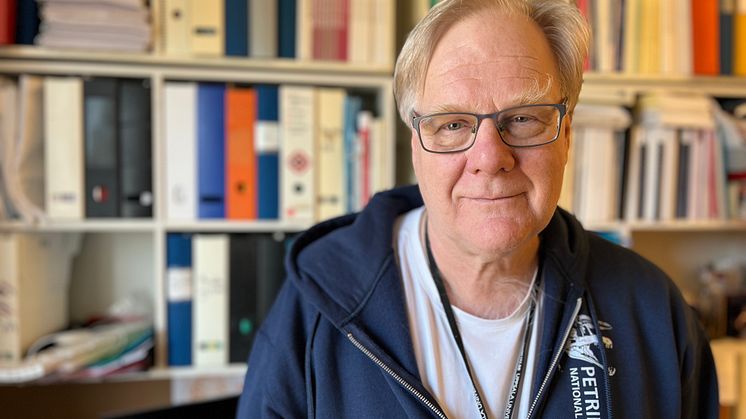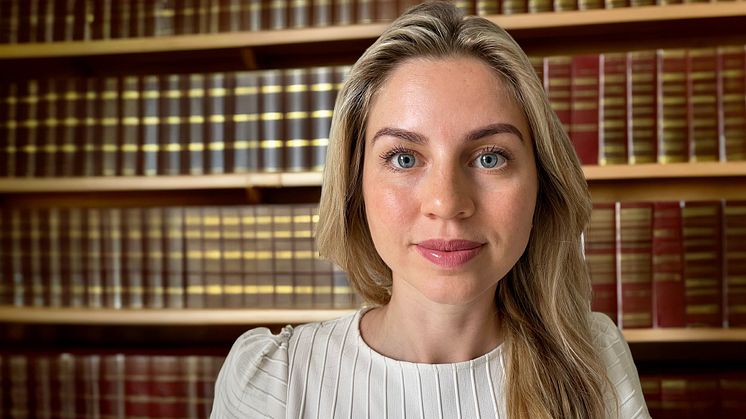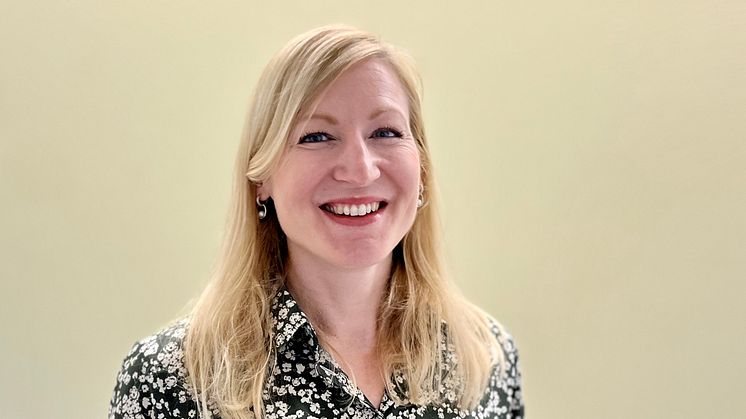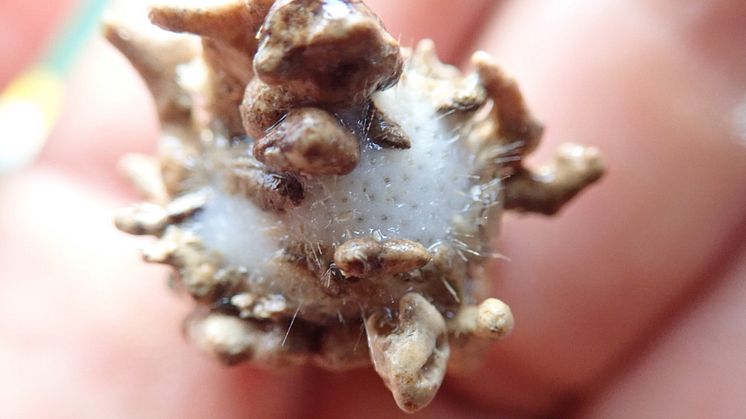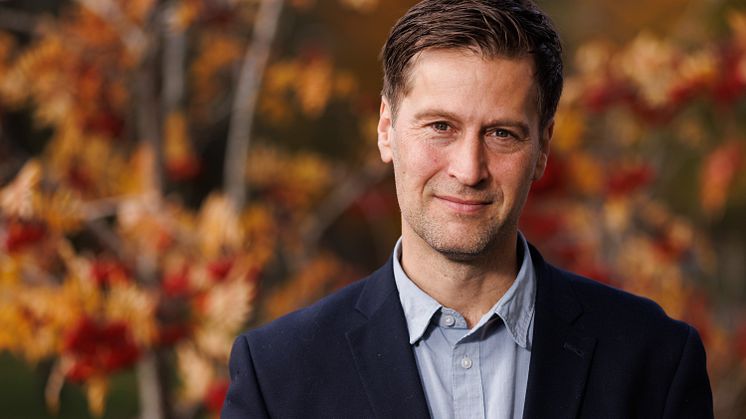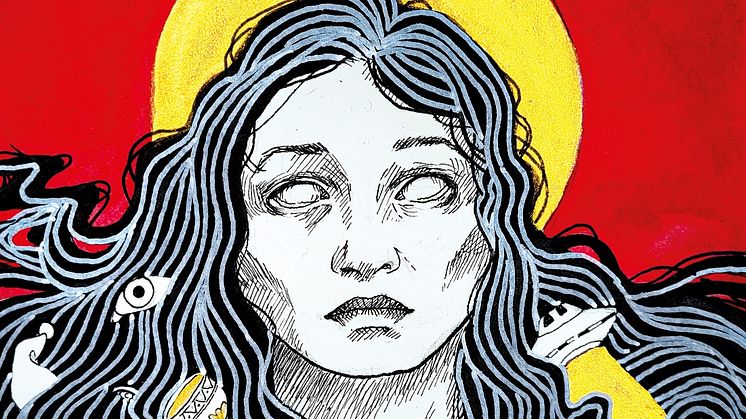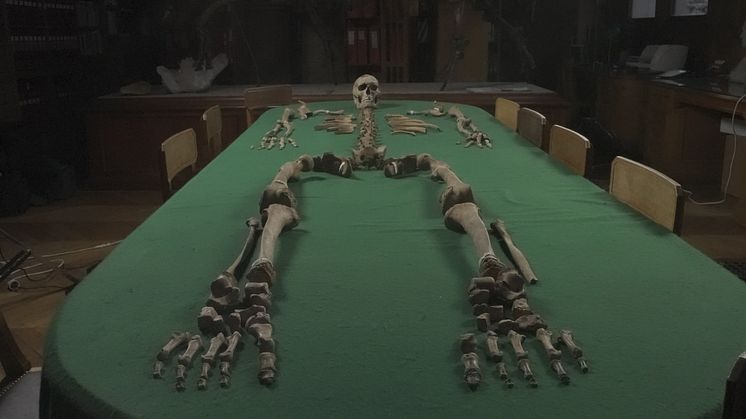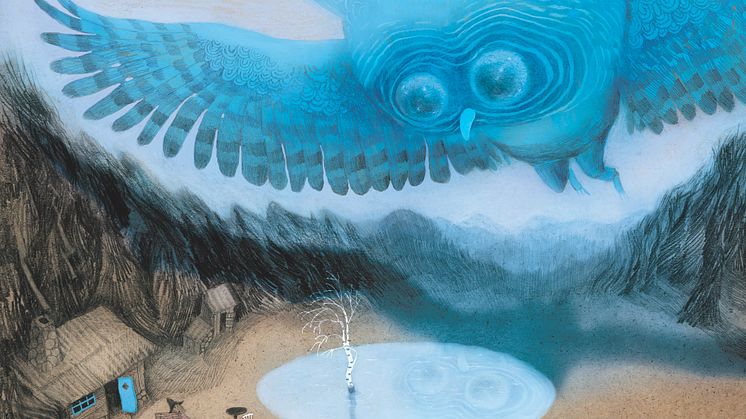New antibiotic class effective against multidrug-resistant bacteria
Scientists at Uppsala University have discovered a new class of antibiotics with potent activity against multi-drug resistant bacteria, and have shown that it cures bloodstream infections in mice. The new antibiotic class is described in an article in the scientific journal PNAS.

